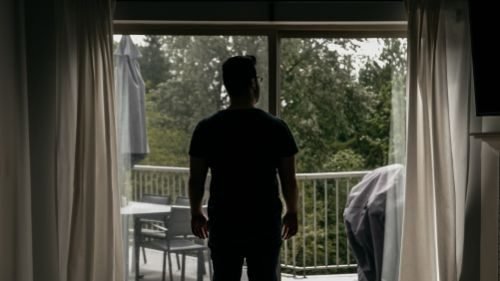Understanding the Causes of Electrical Short Circuits
Causes of electrical short circuits.
Electrical short circuits, which can damage appliances, wiring, and circuits, are a common electrical hazard. They occur when two electrical sources have a low-resistance path between them, resulting in an abnormal flow of electrical current. To ensure the safety of your home and appliances, it is crucial to comprehend the causes of short circuits and how to prevent them. This article will closely examine the most prevalent causes of electrical short circuits and provide tips for keeping them at bay.
Causes of Electrical Short Circuits
Several factors can cause short circuits, including:
1. Wiring issues: Exposed or damaged wiring, improperly connected wiring, and wiring that is not appropriately sized for the load can lead to electrical short circuits.
2. Overloaded circuits: Overloading the electrical system by using too many devices on a single circuit, employing extension cords or power strips that are not rated for the load, or running appliances and devices simultaneously can result in electrical short circuits.
3. High temperatures: Insulation degradation due to high temperatures can expose conductors and create a short circuit. Improperly installed or damaged insulation can also contribute to this issue.
4. Moisture: Moisture and humidity can cause corrosion and short circuits. Therefore, it is crucial to ensure that your wiring is adequately protected from moisture.
5. Animals: Rats, mice, squirrels, and other creatures may chew or gnaw on electrical wires, leading to a short circuit. Securing all wiring is essential to prevent this.
6. Faulty electrical appliances: Faulty or damaged electrical appliances can cause electrical short circuits. Proper maintenance of all appliances and timely repairs or replacements are important preventive measures.
Preventing Electrical Short Circuits
To prevent electrical short circuits, it is important to follow some simple precautions:
1. Regularly inspect your household wiring and electrical system. Use a multimeter to test the continuity of your wiring and circuits, checking for any signs of damage, wear, or exposure.
2. Safeguard your appliances from power surges and spikes by using surge protectors, which help to prevent electrical short circuits.
3. Select the appropriate extension cords or power strips for your appliances, ensuring that they are rated for the load, thus avoiding overloading circuits.
4. Avoid overloading circuits by not running too many devices on a single circuit or operating multiple appliances simultaneously.
5. Prevent short circuits by keeping all wiring and electrical devices dry and away from any potential sources of moisture.
6. Ensure the good working order of your appliances and electrical devices by having a qualified electrician check them regularly. Promptly repair or replace any damaged parts.

Josephs Electricians are ready to help you!
At Josephs Electricians, we are experts in electrical installations and repairs. If you do not have experience in fixing a short circuit, please do not hesitate to call us for professional and reliable assistance. Our electricians are licensed, certified, and experienced in providing comprehensive and safe electrical services, after solving your issue, we explain causes of electrical short circuit. We are available 24/7 to help you with any electrical emergency or maintenance issue.
